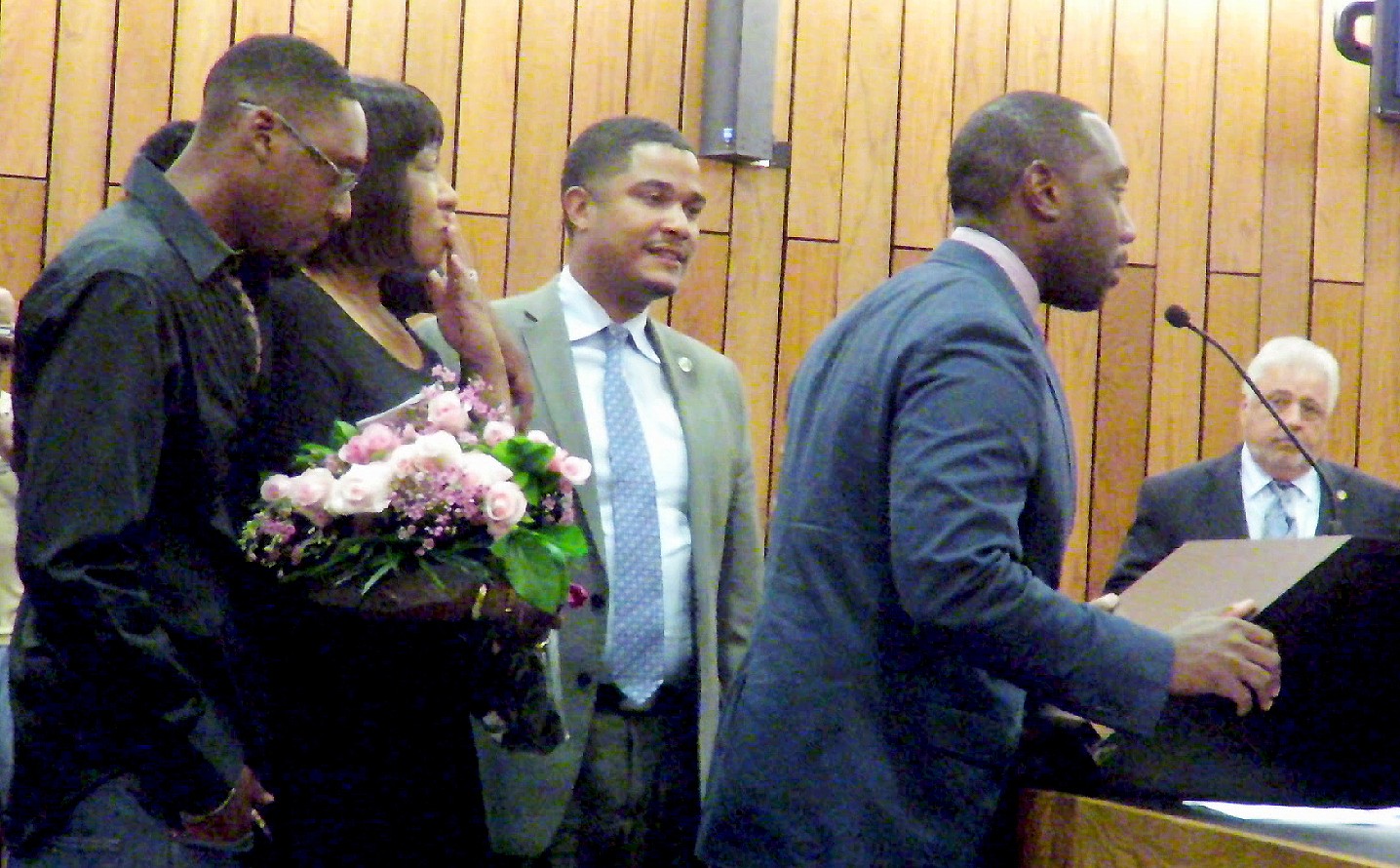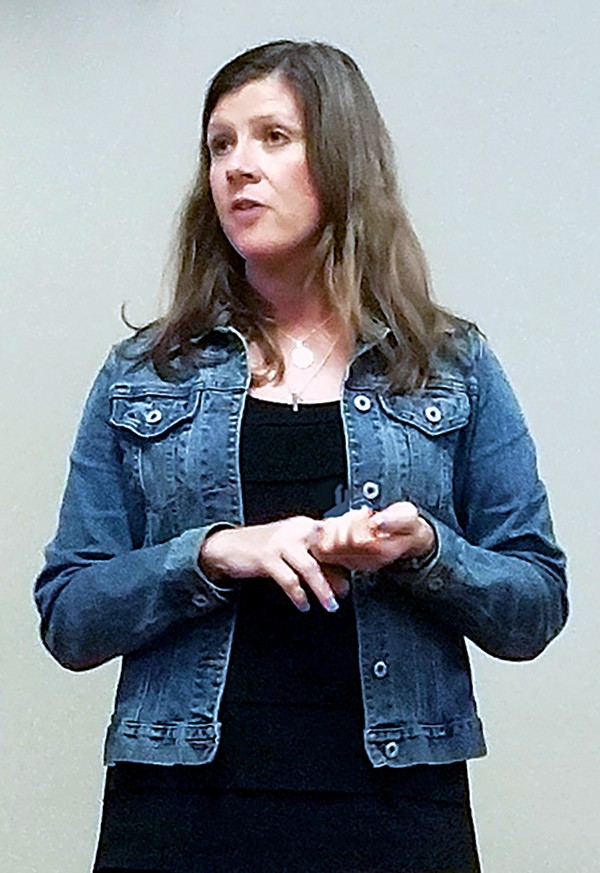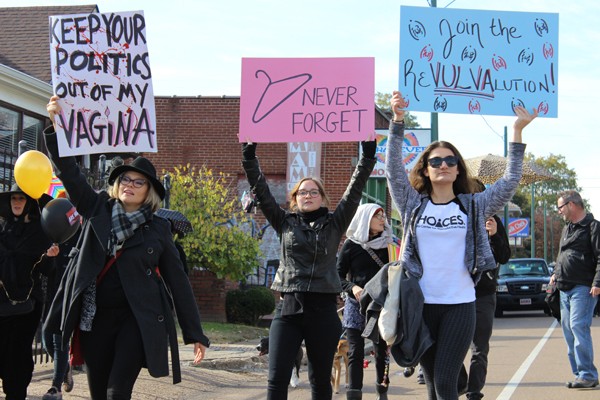If, as so many people declaim, money is the “mother’s milk” of politics, the fact is, there are some determined candidates who are virtually lactose-free and decline to be poor-mouthing about it. Others are letting their gross receipts and checkbooks speak for them.
As a sample case of such contrasts, consider the five-candidate race for Super District 9, Position 2. It is, like the races for mayor and City Court clerk, an at-large race. The two Super Districts, 8 and 9, represent a compromise dating from a 1991 judicial settlement, when the city’s electorate was roughly half white and half black.
In blunt terms, District 9 was the white half, more or less, while District 8 was predominantly African-American. Population shifts since then have altered the makeup of both districts, but the rough division still holds.
And there are clear distinctions between how candidates might run in an at-large race and how they can run in district races.
As Shea Flinn, the former councilman from 9, 2, and now an executive with the Greater Memphis Area Chamber of Commerce, put it, “You can walk a district race.” (That is, go door-to-door.) “You can’t do that to nearly the same degree in an at-large race. The territory is too large.”
That fact would seem to militate against an at-large candidate without a budget big enough to do radio, TV, and newspaper advertising. That doesn’t necessarily mean that the candidate with the most money wins in an at-large race, but ample funding certainly conveys an advantage.
On the other hand, the same judicial settlement that created the current district structure ordained that, unlike the case in district races, there would be no runoffs in any of the at-large races. That fact gives even cash-poor candidates the hope of winning a plurality, if they can bring some other advantage to the winner-take-all scramble.
Stephanie Gatewood, for example, a former Memphis School Board member who now aspires to the Super District 9, Positon 2, seat, reported exactly $671.45 on hand in her second-quarter financial disclosure, covering the period April 1st to June 30th. She listed two contributions, each for $500.
Gatewood’s expenditures for the period totaled $338.95, which she laid out to Perkins Productions for some “4 x 6” wallet cards.
At a recent meet-and-greet/fund-raising affair held at Acre Restaurant (after the last reporting deadline), Gatewood boasted that her election to the old Memphis City Schools board had been achieved by grass-roots and word-of-mouth efforts without much of a budget and, after engaging with attendees in a kind of quiz-’em-on-the-issues dialogue, she asked those present to notify their Twitter or Facebook networks where they were and whom they were listening to.
Clearly, Gatewood hopes that her former school board incumbency, and the contacts that came with it, can generate some turnout.
That prospect may loom even larger with another name candidate and former school board member in the same race, Kenneth Whalum Jr. Whalum, who is something of a master at using social media and attracting press coverage, has made it clear, too, that his efforts will not depend on raising a huge amount of campaign cash.
In addition to his considerable name-recognition, gained most recently from a good showing at the 2014 Democratic primary for Shelby County mayor, Whalum intends to engage in serious networking — emphasizing the theme of education and coordinating his own efforts with those of like-minded candidates for other council positions.
As a late entry, Whalum was not required to post a financial disclosure for the second quarter.
Another entry in the 9, 2, race is Lynn Moss, a novice candidate with no prior incumbencies and no name-recognition factor. Her financial receipts are also lacking — with second-quarter receipts of $1,745, mainly from personal friends, and cash-on-hand of $1,173.48.
Moss would seem to be unusually handicapped against her opponents, but she has one ace-in-the-hole, affiliation with a group of grass-roots activists who meet frequently to challenge the precepts of various civic establishments. In particular, she is running on a ticket of sorts (with Robin Spielberger in Super District 9, Position 1, and Jim Tomasik in District 1) that advocates de-annexation from Memphis of relatively recently annexed suburbs such as Cordova. To the extent that she and others can make that issue prominent, she has prospects.
The campaign of Paul Shaffer, longtime business manager for the IBEW (International Brotherhood of Electrical Workers), is intermediate between the position of determined do-it-yourself campaigns and those that are backed by numerous and significant donations.
Shaffer has benefited from large donations from union-oriented Political Action Committees (PACs). His cash-on-hand amount of $11,735.22 in his second-quarter report derives almost entirely from such sources, which are, however, relatively limited in number. They run the gamut from $500 to $5,000.
Shaffer can depend also on voluntary grass-roots support from union members and from the Democratic Party rank-and-file activists who have known Shaffer for years (many of them, as candidates, having benefited from IBEW’s own financial generosity).
And then there is Philip Spinosa, a new name to most Memphians, including the majority of voters residing in Super District 9, 2, but one not destined to stay that way for long. Already motorists along several of the city’s major thoroughfares — Walnut Grove being a case in point — are seeing Spinosa’s yard signs in great quantity, often in tandem with those of Reid Hedgepeth, the incumbent council member in Super District 9, Position 3, and Worth Morgan, a candidate in District 5, a Midtown-East Memphis enclave.
Like Hedgepeth and Morgan, Spinosa, a sales executive with FedEx, has the kind of youthful image that is made-to-order for television advertising, and his connections with influential members of the city’s business elite are similar to theirs as well. His second-quarter receipts were a whopping $164,940, and his cash balance was $149,133.75.
Resources like that (Morgan is similarly fixed, by the way) are almost on a par with those of the two mayoral-race titans, Mayor A C Wharton and Councilman Jim Strickland, and, over the long haul, obviously give Spinosa the potential to close and overcome the name-ID factor currently owned by a couple of his opponents.
 Jackson Baker
Jackson Baker
The family of late civil rights icon and National Civil Rights Museum founder D’Army Bailey acknowldged the Shelby County Commission’s vote on Monday to rename the Shelby County Courthouse in his honor. From left: son Merritt Bailey, wife Adrienne Bailey, Commission chair Justin Ford, son Justin Bailey. At right is Commissioner Terry Roland, sponsor of the re-naming resolution.
 Jackson Baker
Jackson Baker  Alexandra Pusateri
Alexandra Pusateri